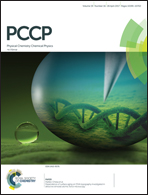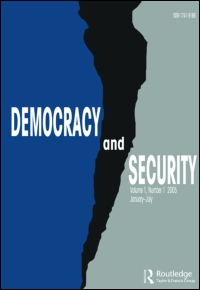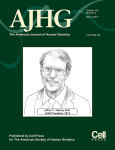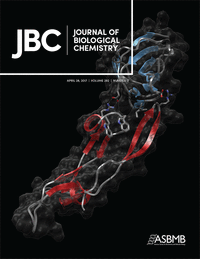 The corresponding author of a 2015 nanotechnology paper has penned a lengthy — and revealing — retraction notice, explaining why he is not certain about the findings.
The corresponding author of a 2015 nanotechnology paper has penned a lengthy — and revealing — retraction notice, explaining why he is not certain about the findings.
In the notice, Chang Ming Li from the Institute for Clean Energy & Advanced Materials (ICEAM) at Southwest University in China, states that there is “insufficient evidence to conclusively” identify the composition of the nanowire array described in the article, which “severely undermines the validity of the reported conclusions.”
The 2015 paper has been considered “highly cited” by Clarivate Analytics’ Web of Science, formerly part of Thomson Reuters, meaning it has received a disproportionate amount of cites given its field and publication year.
Li also said that the paper — which appeared in Physical Chemistry, Chemical Physics — was “submitted and published without my knowledge or permission.” He has not responded to our request to explain how that could have happened, given that he was the corresponding author. Continue reading Author retracts nanotechnology paper over doubts about key results
 Reuters has removed a story about gender confirmation surgery, saying it included problematic data.
Reuters has removed a story about gender confirmation surgery, saying it included problematic data.
 A diabetes journal has issued two notices of concern for papers co-authored by a researcher who took another publisher to court after it did the same thing — but
A diabetes journal has issued two notices of concern for papers co-authored by a researcher who took another publisher to court after it did the same thing — but 
 In August, the U.S. Office of Research Integrity announced that a former postdoctoral fellow at the National Human Genome Research Institute (NHGRI)
In August, the U.S. Office of Research Integrity announced that a former postdoctoral fellow at the National Human Genome Research Institute (NHGRI) 

